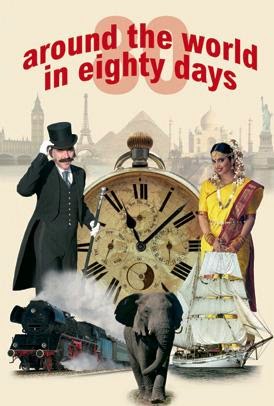The Three Sisters - Part 2
-An Italian Folktale
When Nella heard the cause of the Prince's illness, she cried and wept angrily and said to herself, "Who is the wicked soul who has broken the passage and caused so much sorrow?" But as the Demon’s wife now went on speaking Nella was as silent as a mouse and listened.
"And is it possible," said the Demon’s wife, "that the world is lost to this poor Prince, and that no medicine can be found for his crisis?"
"Hark-ye, Granny," replied the Demon, "the doctors are not called upon to find remedies that may pass the bounds of nature. This is not a fever that will yield to medicine and diet, much less are these ordinary wounds which require lint and oil; for the charm that was on the broken glass produces the same effect as onion juice does on the iron heads of arrows, which makes the wound incurable. There is one thing only that could save his life, but don't ask me to tell it to you, for it is a thing of importance."
"Do tell me, dear old Long-tusk," cried the Demon lady; "tell me, if you would not see me die."
"Well then," said the Demon, "I will tell you provided you promise me not to confide it to any living soul, for it would be the ruin of our house and the destruction of our lives."





















